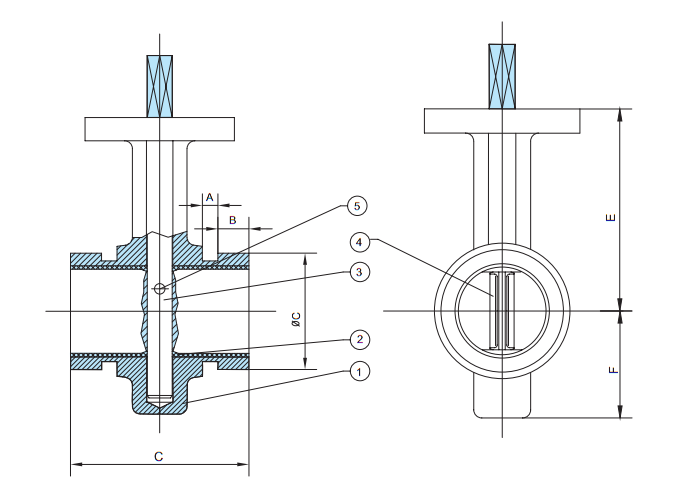Nov . 24, 2024 21:17 Back to list
Stainless Steel Ball Valve for Efficient Fluid Control and Reliable Performance
Understanding SS Ball Valves A Key Component in Fluid Control
Stainless steel (SS) ball valves are widely recognized for their essential role in fluid control systems across various industries. Known for their durability, reliability, and precision, these valves play a critical part in managing the flow of liquids and gases in pipelines. This article explores the features, advantages, and applications of SS ball valves.
What is a Ball Valve?
A ball valve is a type of quarter-turn valve that uses a round ball to control the flow of fluid. The ball has a hole or port through its center, allowing fluid to pass when aligned with the pipeline. When the valve is turned a quarter turn, the ball blocks the flow, effectively shutting off the pathway. This simple yet effective mechanism makes ball valves highly efficient for on/off control.
Advantages of Stainless Steel Ball Valves
1. Corrosion Resistance One of the primary benefits of stainless steel is its resistance to corrosion. This property is crucial in industries such as chemical manufacturing and oil and gas, where exposure to harsh chemicals can lead to equipment failure. SS ball valves maintain their integrity and performance, even in challenging environments.
2. High Pressure and Temperature Tolerance SS ball valves can withstand high pressure and temperature conditions, making them suitable for a wide range of applications. They are often used in steam, oil, and gas operations, where consistent performance is critical.
ss ball valve

3. Ease of Operation With a simple quarter-turn mechanism, these valves are easy to operate, allowing for quick and efficient flow control. This feature is particularly valuable in applications where immediate shut-off is necessary.
4. Minimal Flow Resistance The ball valve design offers low flow resistance, which helps maintain the efficiency of fluid systems. This characteristic is essential for applications requiring high flow rates.
Applications of SS Ball Valves
Stainless steel ball valves find applications in various sectors, including
- Oil and Gas Used in drilling, transportation, and processing, ensuring safe and efficient flow control. - Water Treatment Employed in filtration and distribution systems to manage water flow effectively. - Chemical Processing Essential for controlling the flow of corrosive substances in chemical plants. - Food and Beverage Industry Used in processes where sanitation is crucial, as stainless steel is easy to clean and maintain.
Conclusion
In summary, SS ball valves are integral components in fluid control systems, offering significant benefits such as corrosion resistance, high thermal tolerance, and ease of use. Their versatility makes them indispensable across diverse industries, ensuring the safe and efficient handling of fluids. As technology advances, the demand for reliable fluid control solutions like stainless steel ball valves is likely to grow, reaffirming their vital role in modern industrial operations.
Share
-
Reliable Wafer Type Butterfly Valves for Every IndustryNewsJul.25,2025
-
Reliable Flow Control Begins with the Right Ball Check ValveNewsJul.25,2025
-
Precision Flow Control Starts with Quality ValvesNewsJul.25,2025
-
Industrial Flow Control ReliabilityNewsJul.25,2025
-
Engineered for Efficiency Gate Valves That Power Industrial PerformanceNewsJul.25,2025
-
Empowering Infrastructure Through Quality ManufacturingNewsJul.25,2025